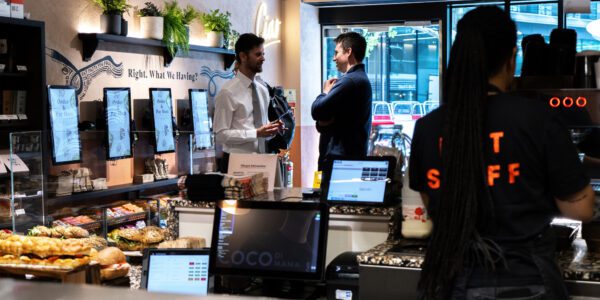The role of technology in driving efficiency
A look at technology’s role in driving efficiency for hospitality operations, and strategies you can implement today to get the most out of your tech.
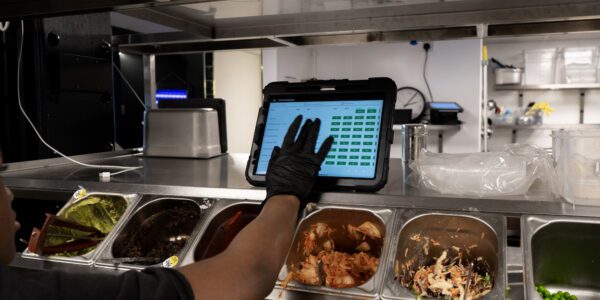
Trying to collate and analyse all your restaurant data can feel like herding byte-sized cats.
But when properly utilising data can be the holy grail of restaurant success, this struggle can have a profound effect on growth.
Why is restaurant data so difficult to get to grips with, and what’s the solution for operators?
Find out in our article below, with some sneak previews of the stats from the upcoming research report The future of POS: 2023 trends in restaurant tech in partnership with KAM.
Reporting should feed into every part of a restaurant operation.
It’s crucial in making agile, data-backed decisions to grow your restaurant.
Operational areas that benefit from data analysis include:
Digital menus should be designed and updated based on sales and profitability. This type of menu engineering is fundamental to boosting revenue on your most popular items. But this can only be properly implemented with the right menu data analysis.
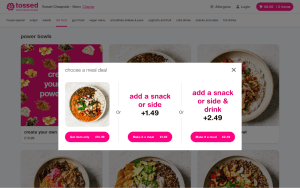
What region is performing strongly this quarter, and where is experiencing a dip in sales? What value are you seeing from loyalty scheme customers versus first-time customers? Which order channel is delivering the most sales of a certain menu item?
Having a big-picture view of your entire operation is essential for understanding exactly how your business is performing, whenever you need to.
Growing the number of repeat customers is a top focus area for 54% of restaurant operators.
And according to McKinsey Research presented at the Hostech Conference 2023, 71% of consumers expect personalisation. A further 76% of consumers get frustrated when they don’t find it.
With the right data behind you, delivering personalised loyalty schemes can boost brand affinity and engagement hugely. Rewarding them for repeat purchases, giving them a treat on their birthday, recommending rewards that fit their preferences: these sorts of personalised interactions are only possible by analysing customer data.
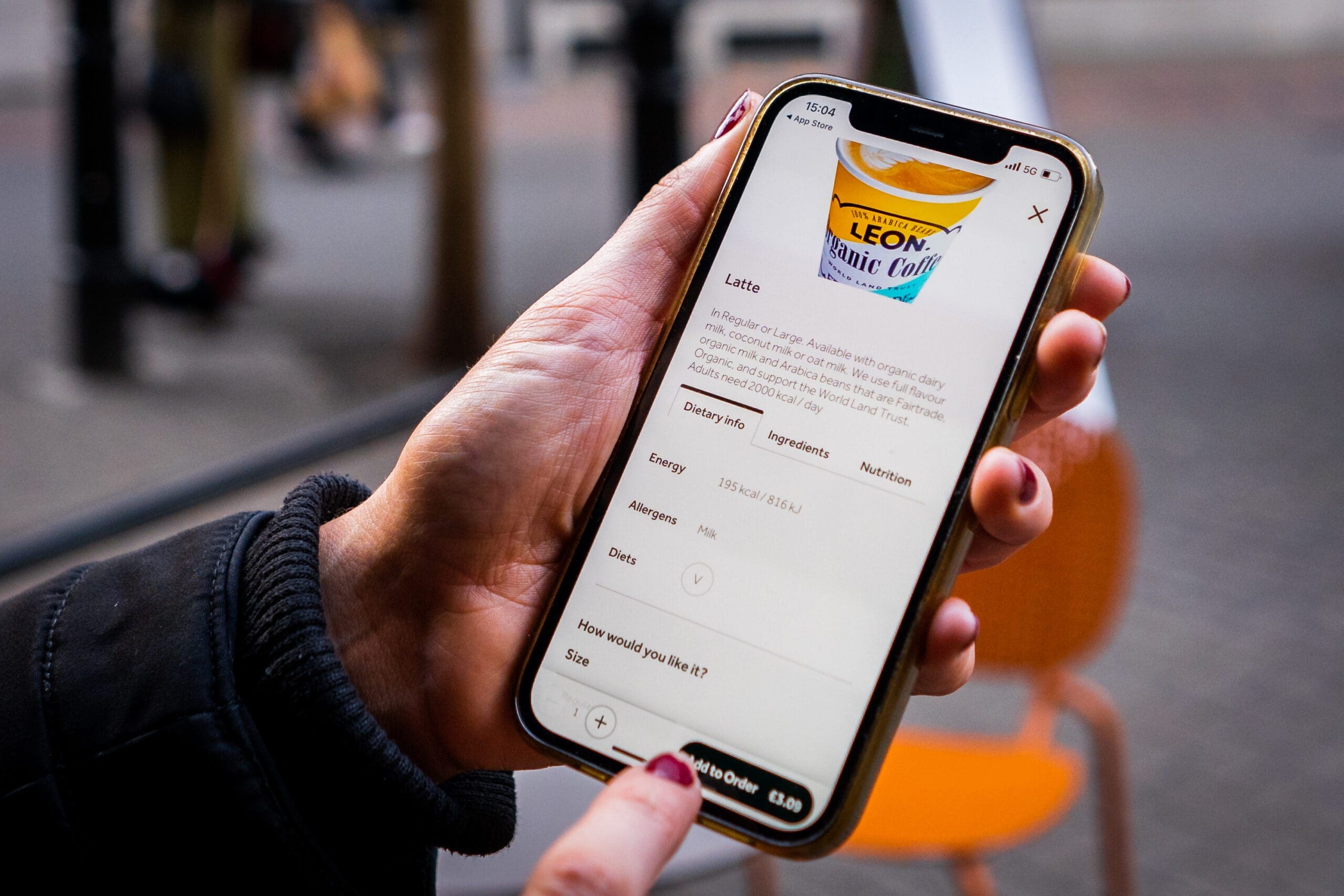
Centralised data means being able to access and visualise reports from across every part of your restaurant operation in one place.
Having a single system to access all reporting is game-changing for operations. 79% of operators believe the most important aspect of a POS is being able to visualise all data in one place.
But almost 40% of operators find it difficult to use data in day-to-day decision-making.
Why? Because of the current landscape of restaurant tech, data is usually split between different parts of the operation.
Most restaurant tech stacks comprise individual point solutions bolted onto the POS.
This POS-centric approach has been the only option open to operators looking to innovate and grow with the advent of new technology. But it results in a fragmented tech stack of complicated integrations launched with separate point solution providers.
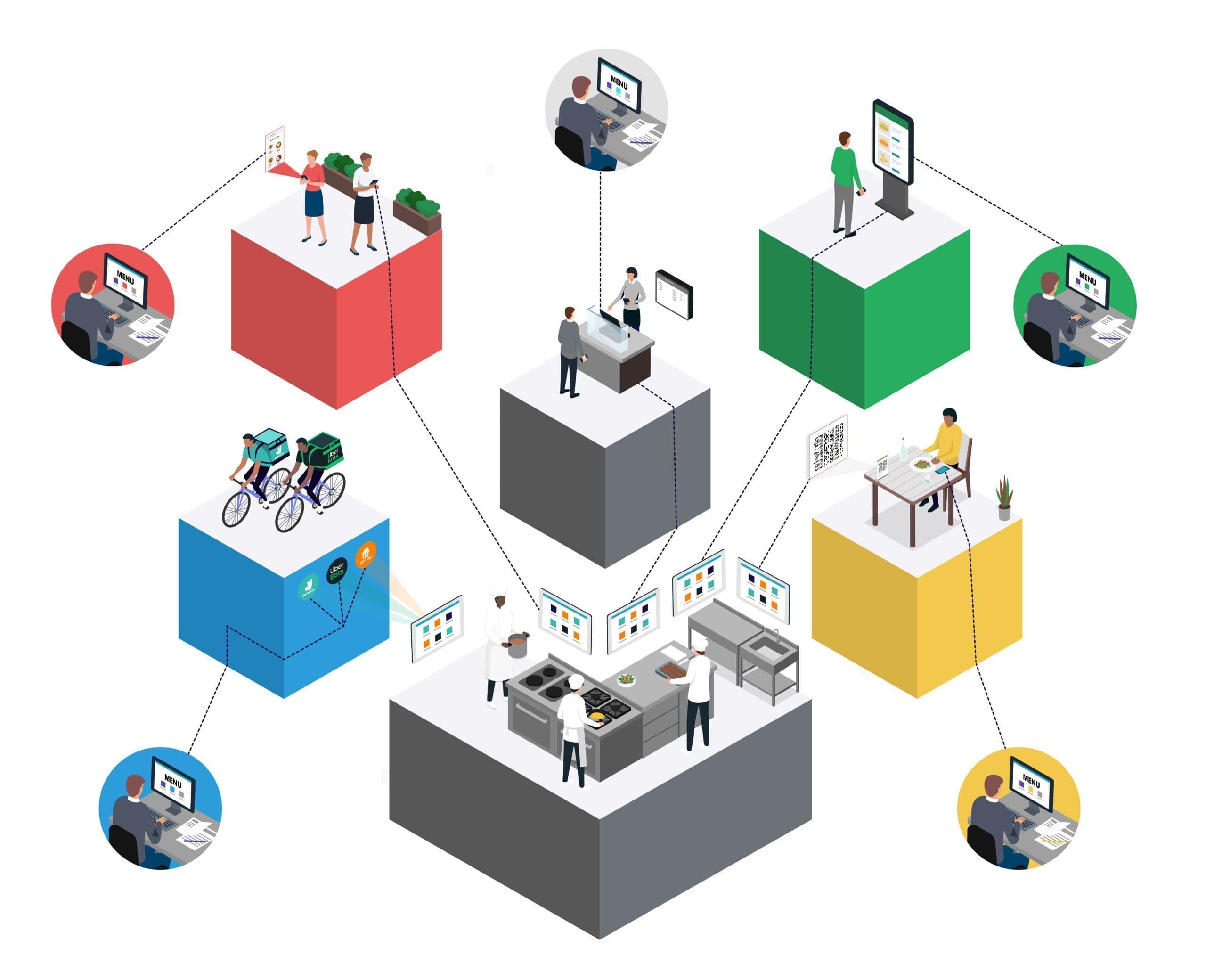
With your operation spread across different providers, the essential data you need is siloed between each one. When they’re managed by different providers, accessing sales data between two order channels requires hopping between accounts, analysing separate reports, and hours of manual admin to centralise reports yourself.
Add in the further complications of multiple menus, locations and brands, the problem of fragmented data grows exponentially.
It’s no wonder, then, that 42% of operators feel they can’t maximise the use of data because there’s no way to simplify it or make it easier to read.
Menu engineering becomes a headache when sales data is so difficult to collate. Customisation becomes a chore when customer data is split between providers. Seeing the big picture of the entire operation becomes virtually impossible when the operation depends on a web of point solutions.
The hours of manual admin and upskilling required to analyse data like this also significantly reduces the number of people within your business who have the time and knowledge to actually leverage reporting.
Data should be the driving force behind your business decisions, not a weight slowing the momentum down.
So what’s the solution?
By moving away from a POS-centric tech stack and embracing a single order management system to take and fulfil 100% of orders, operators unlock an unprecedented level of data simplicity.
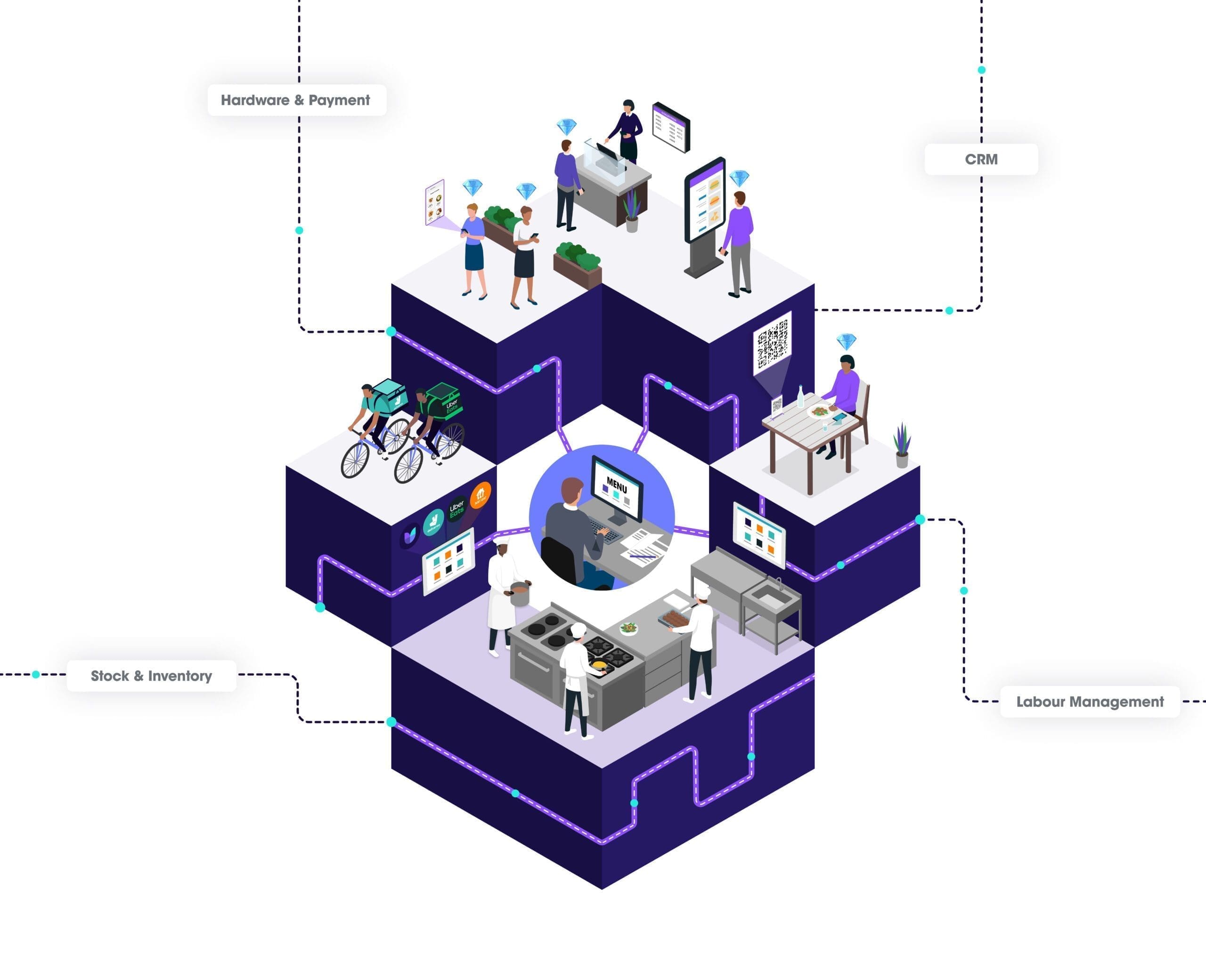
An order management system handles all order channels, fulfilment and loyalty in the same system. Data from transactions across all locations and channels are accessible from a single system.
Forget multiple accounts, separate platforms and siloed reporting, and empower your operation with the ability to make agile, data-backed decisions thanks to a single source of truth for all reporting.

Learn more about the Vita Mojo Order Management System’s centralised analytic dashboards
A look at technology’s role in driving efficiency for hospitality operations, and strategies you can implement today to get the most out of your tech.


The right hospitality tech partner does more than provide software. They collaborate, innovate, and scale with your business.
